After Netflix’s week from hell, why streaming is becoming more like ‘just TV’
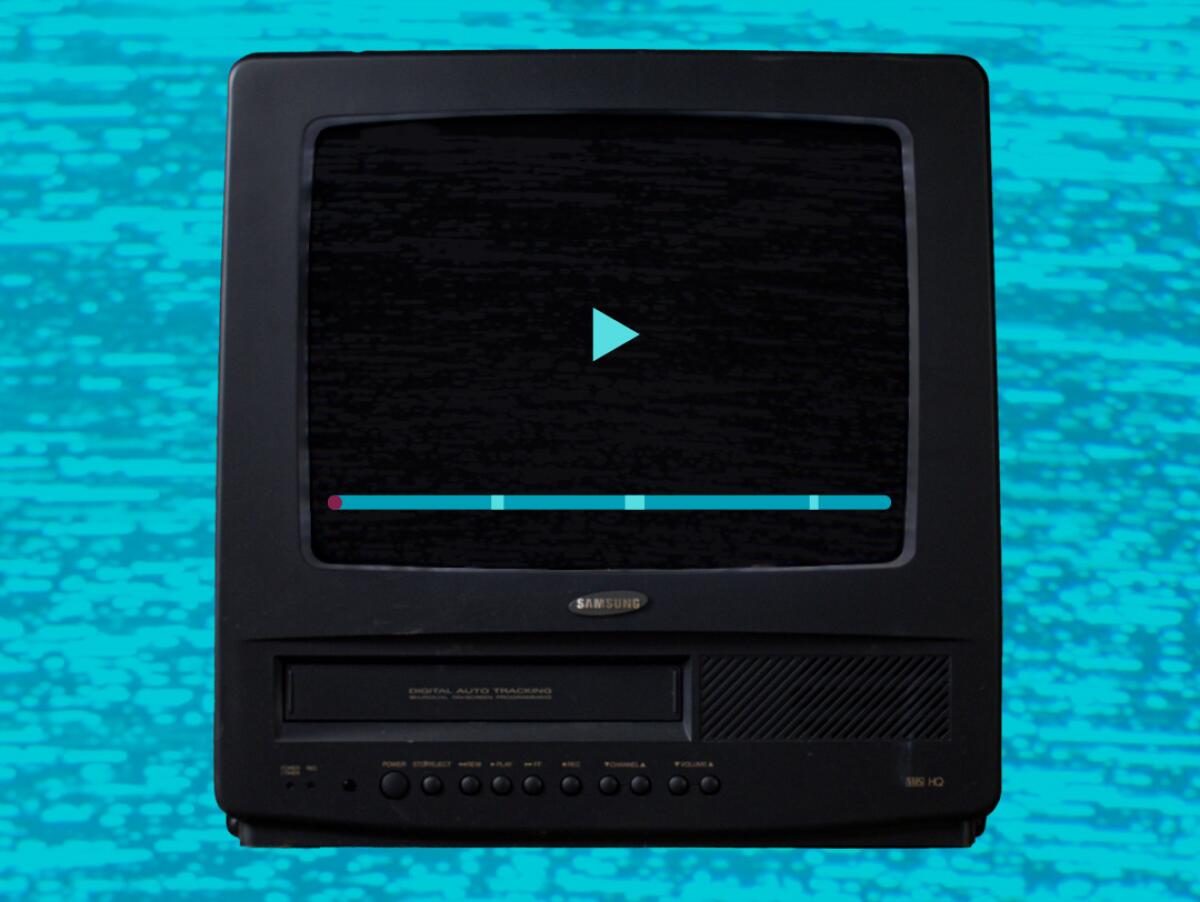
- Share via
This is the April 26, 2022, edition of the Wide Shot newsletter about the business of entertainment. If this was forwarded to you, sign up here to get it in your inbox.
In 2019, comedian John Oliver used his HBO talk show to bash his corporate overlords at AT&T for their plan to launch HBO Max.
“It’s not HBO,” Oliver quipped. “It’s just TV.”
Oliver’s jab, an inversion of HBO’s famous slogan, reflected something that many people worried about at the time, that adding “Friends” and “The Big Bang Theory” reruns would dilute HBO’s pristine brand.
But Oliver was wrong.
For all the criticisms of AT&T’s recently ended stewardship of HBO, Warner Bros., CNN (ahem) and the rest of the WarnerMedia companies, the expansion of its programming for the streaming wars hasn’t ruined HBO in the eyes of viewers. Neither has the offering of a lower-priced version of HBO Max with (gasp) commercials. The informal consensus in Hollywood is that, in terms of the quality of the content on offer in streaming, HBO Max is hard to beat.
It turns out that people enjoy “just TV,” or at least they don’t mind certain parts of it. The variety of shows on “just TV” is appealing. Much of the audience doesn’t mind the ads that come with “just TV,” as long as there aren’t too many and they’re not distractingly bad. People want live sports. Where do you see them? “Just TV!”
Anyway, streaming just had arguably its worst week since every major media company decided they want to be the next Netflix.
Netflix, which has been the envy of the entertainment business for several years, saw its stock fall 35% after the company said it lost 200,000 subscribers in the most recent quarter and, worse, projected it would lose an additional 2 million in the current one. Between competition and password sharing, there’s plenty of blame to go around for Netflix’s woes.
A bigger concern, though, dragged down the share prices of Netflix’s rivals too: What if the market for subscription streaming just isn’t as big as people thought?
Seeming somewhat shaken by results himself, Co-Chief Executive Reed Hastings signaled that Netflix would at some point begin offering a cheaper version with ads, breaking with one of the Los Gatos firm’s sacred cows. It’s hard to overstate what a major break from tradition this is for Netflix. What’s next? Releasing TV shows one episode at a time? Perhaps on a set day of the week?
As with HBO Max, there’s no reason that Netflix adding commercials has to totally ruin what people like about the service.
No one wants to be inundated with commercials for erectile dysfunction pills while watching “Bridgerton.” But if Netflix can figure out personalized recommendation algorithms, it could probably sprinkle in advertising without it being too obnoxious.
Besides, Netflix has long been compared to streaming’s version of a broadcast network, like CBS, because of its increasing focus on populist content. Bringing in commercials isn’t a stretch for the “Is It Cake?” channel.
The other big loser of streaming’s week from hell was CNN+, which is being smothered about a month after launch.
Amid its collapse, one of the primary complaints about the nascent service was the lack of live news, which is really the brand’s sweet spot. Instead, its marketing emphasized personality-driven content. As my colleague Stephen Battaglio wrote, CNN+ was limited because it couldn’t be too competitive with the cable network itself. CNN is reliant on fees from pay-TV operators, which make up 70% of its revenue.
Can news work on streaming? Maybe with a live, linear video feed, though there’s little evidence that there’s a huge amount of demand for news content on subscription services.
All this is to say that streaming services, facing a saturated environment, are going to start looking a lot more like traditional TV than one might have thought after the rise of Netflix.
Many of the newer services aren’t letting us binge hot new shows in their entirety but are making us wait a week between episodes. Most are letting us save a few bucks a month if we agree to watch ads. Some are bringing on live sports and awards shows. How many people would’ve signed up for Disney+ if the Oscars had streamed there?
Back to Oliver’s joke, HBO Max is going to look even more like “just TV” soon enough. The service’s new owner, Discovery, is expected to eventually put content from its robust reality TV and unscripted business there. I’m betting that to most viewers, that will be just fine.
Stuff we wrote
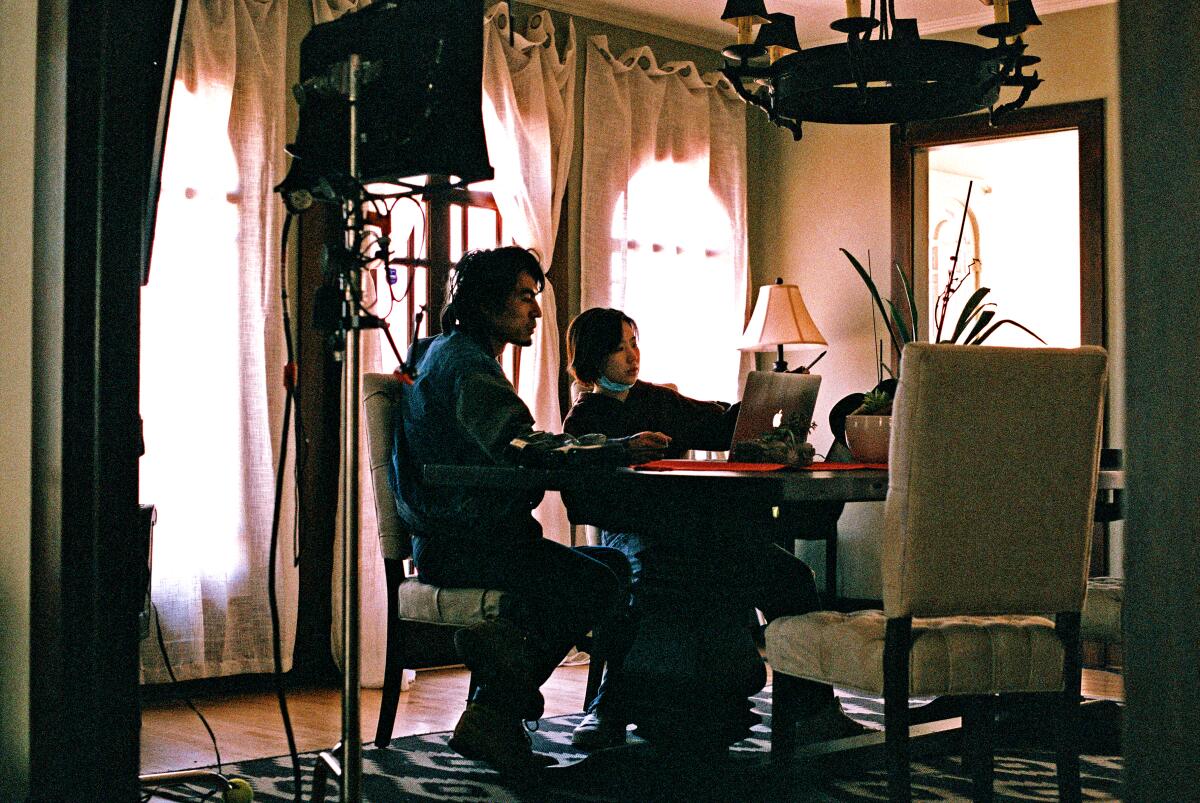
— His Hollywood dreams lured him from China. He was killed during a USC student film shoot. New details have emerged about the production where a student died in an off-road vehicle crash.
— Obamas and Spotify break up. Barack and Michelle Obama’s production company Higher Ground’s exclusive podcasting deal is coming to an end. You might think this is about Joe Rogan, but no. It’s about money and podcasters’ desire for wider availability.
— Globes, Globes, Globes. The Hollywood Foreign Press Assn. is at odds over whether to accept a proposal by interim CEO Todd Boehly that will effectively transform the nonprofit international journalists’ group, which votes on the Golden Globes, into a for-profit venture.
— DeSantis versus Disney. Florida’s Republican governor has won this round in his feud with Disney, signing a bill to end the company’s self-governing district that is home to Walt Disney World. I wrote about what that might mean for both Disney and Florida. My prediction is that this dispute will ultimately be resolved in the courts or through private negotiation. It also puts Gov. Ron DeSantis on a bigger national stage ahead of a possible presidential run.
— More headlines: Coachella wraps up. Bill Murray allegedly behaved inappropriately on his latest film. Documents reveal new details about ‘Rust’ shooting.
Movie theaters’ revenge
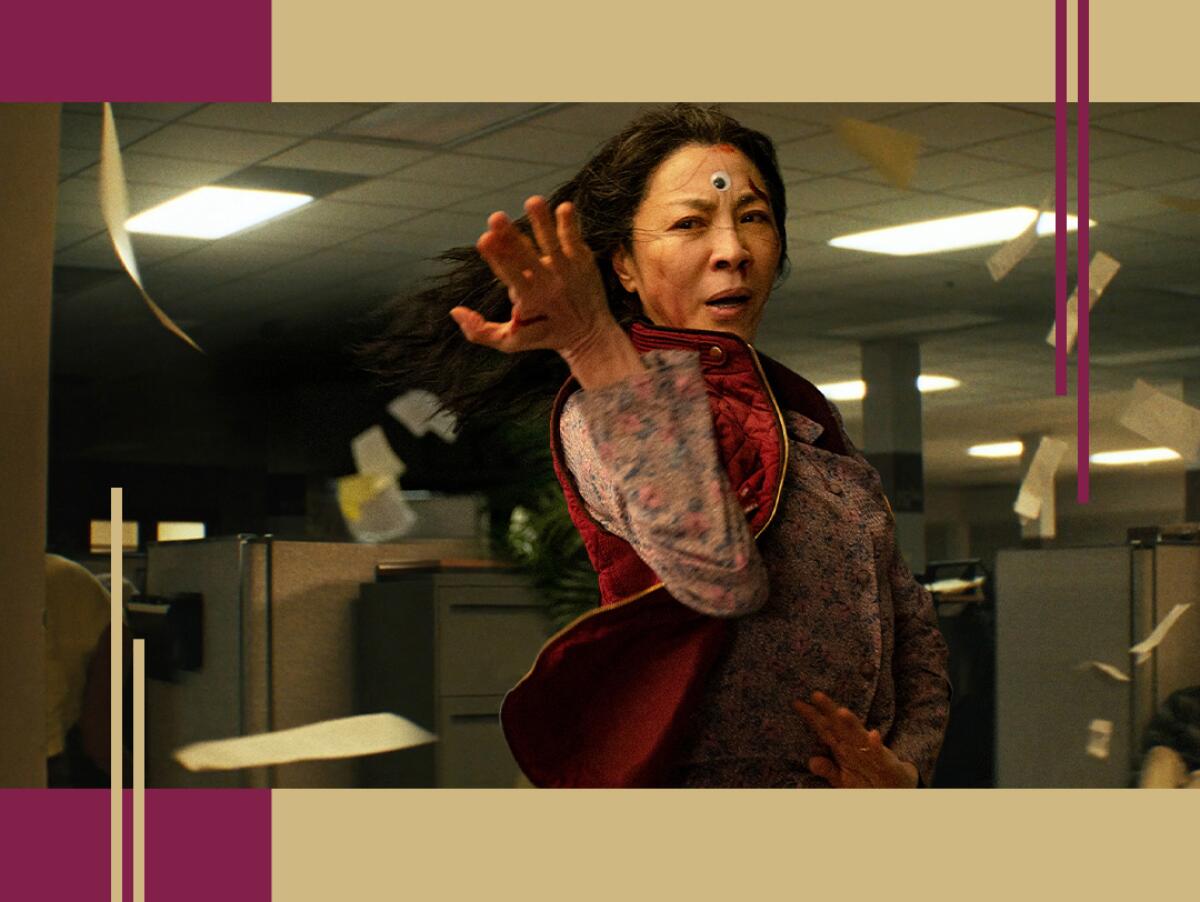
This week, I’m writing this from Las Vegas, where I’m covering CinemaCon, the annual conference where Hollywood studio executives and movie stars kiss the rings of the world’s movie theater operators. After last week’s Netflix news, the timing is interesting, shall we say. Here’s my piece analyzing the state of play.
The short version:
- The big picture: The business of cinema was forever changed by the pandemic. Most studios have coalesced around a new strategy of releasing films exclusively in theaters for about 45 days before making them available for home viewing. Theatrical film is a smaller business than it was before COVID-19. But it’s becoming increasingly clear that the most dire predictions about the doom facing theaters were exaggerated. “Spider-Man: No Way Home,” “The Batman” and “Sonic the Hedgehog 2” weren’t flukes.
- The numbers: Box office revenue in the U.S. and Canada is expected to top $9 billion this year, which would be about 20% less than the $11.4 billion reached in 2019, according to B. Riley Securities analyst Eric Wold, who covers the theatrical exhibitors. But it’s more than double last year’s paltry $4.4 billion. Wold expects revenue to come within 3% of 2019 levels next year. If that happens, it’s fair to call it a victory.
- The big question: We know that comic book movies, horror flicks and family films are working. Everything else is a question mark. What interests me most is what Jason Blum calls the “fourth category” of box office draws. The type of movie that doesn’t fit neatly into those three genres but can still create enough excitement to sell substantial tickets. “Top Gun: Maverick” might be a clear example. A less obvious one is “Everything Everywhere All at Once,” a clever, ambitious indie movie from A24 that has grossed $27 million so far.
Number of the week

Well, it looks like Elon Musk is buying Twitter.
A chaotic 11 days after the world’s richest person said he wanted to take the social media platform private for $54.20 a share, he struck a deal with Twitter’s board.
What Twitter looks like under Musk is anyone’s guess, though he’s talked a lot about “free speech,” criticizing the company’s efforts at content moderation when not tweeting barbs at Bill Gates for shorting Tesla.
Some didn’t take Musk’s bid that seriously at first, with some analysts considering the offer a lowball and expressing doubts he could secure financing.
And here we are. As analyst Dan Ives put it, with no other offers, Twitter’s board’s “back was against the wall.”
You should be reading...
— Devin Gordon on what has happened to Jon Stewart. (The Atlantic)
— Virginia Heffernan on the rise of sobriety influencers. (Wired)
— Trip Gabriel on Christopher Rufo, the right’s crusader against Disney and CRT. (New York Times)
— Helen Rosner interviews John Darnielle of the Mountain Goats. (The New Yorker)
Hollywood production
Shoot days in Los Angeles rose during the week that ended Sunday, following a week that included Easter and Passover, according to data from FilmLA.
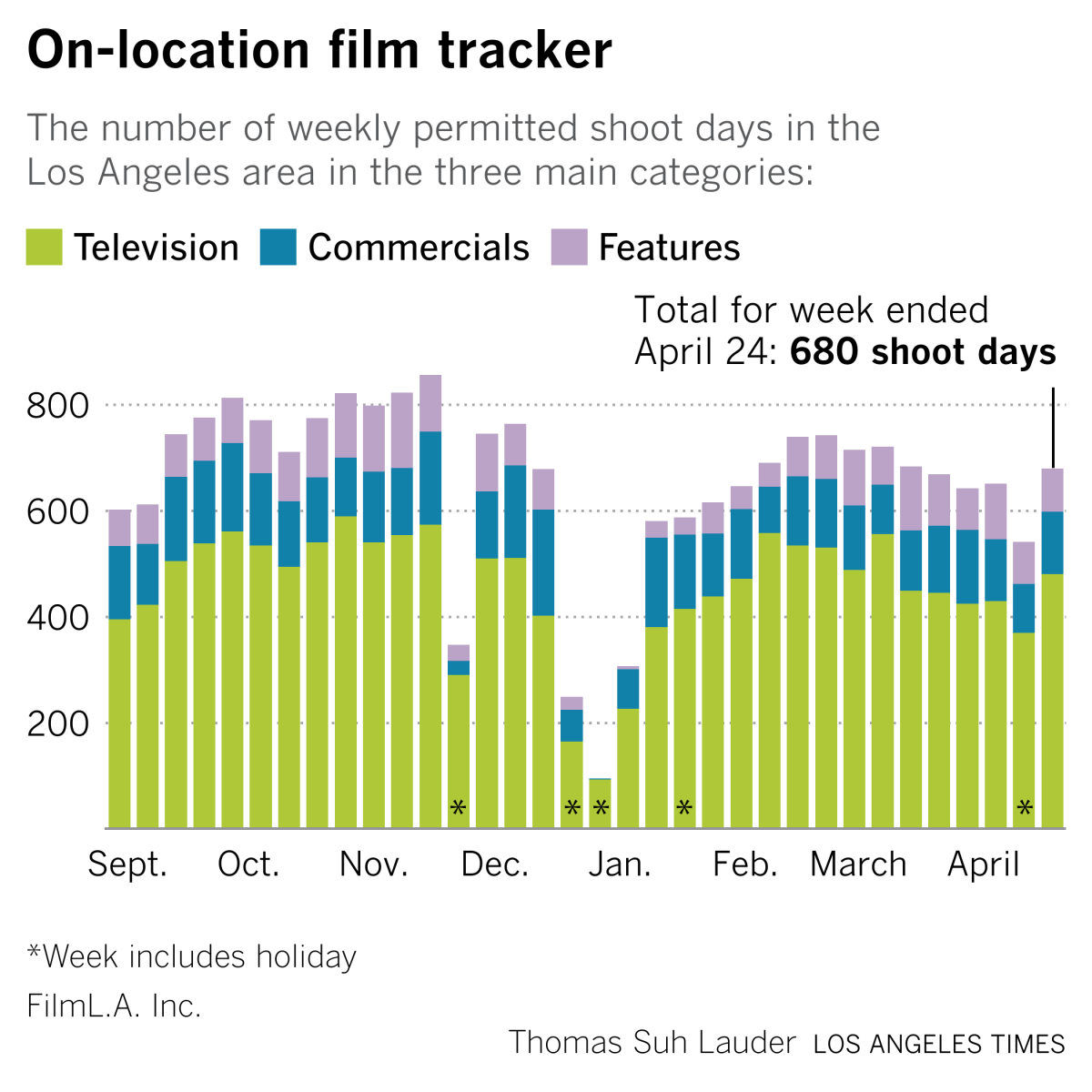
Finally...
HBO’s “Barry” is back, and the Season 3 premiere was a banger. NoHo Hank, played by Anthony Carrigan, continues to be one of the funniest characters on television.
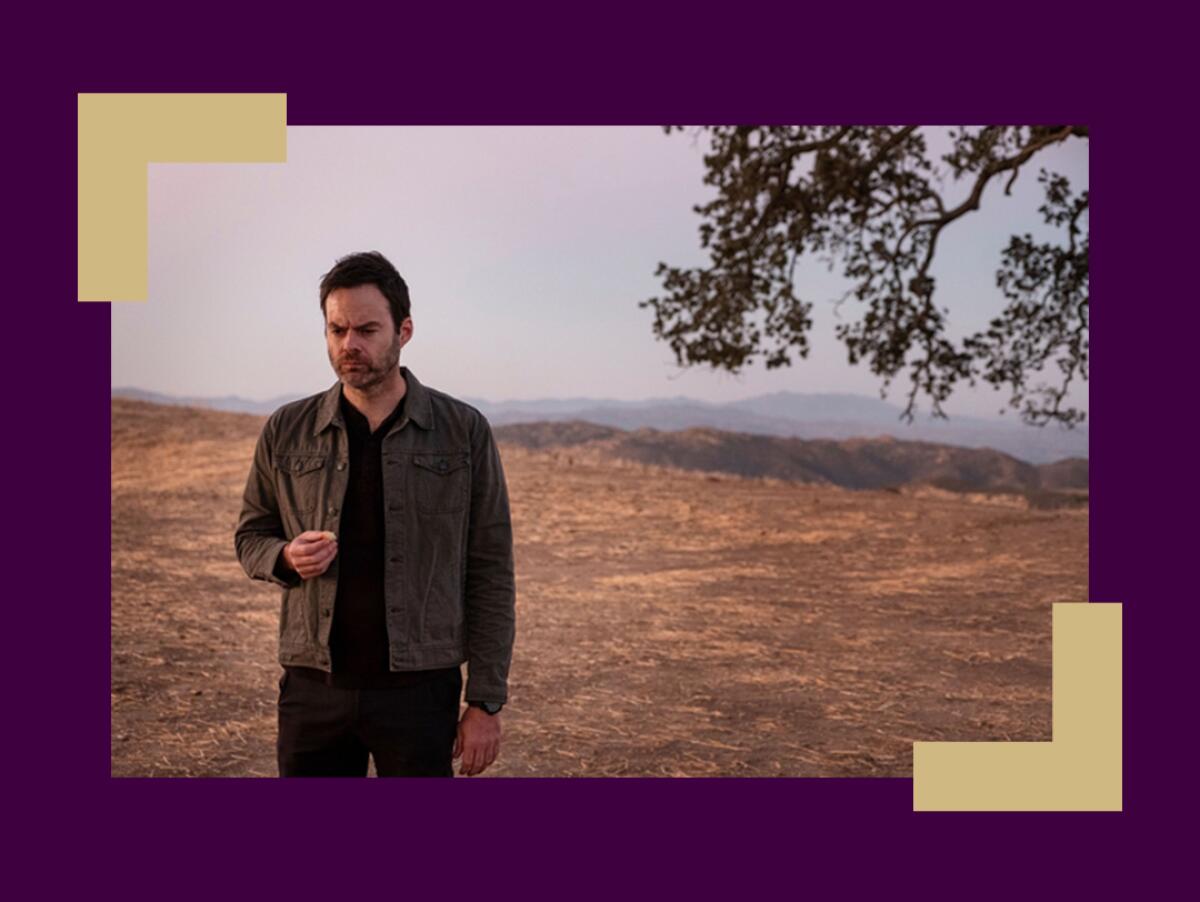
Inside the business of entertainment
The Wide Shot brings you news, analysis and insights on everything from streaming wars to production — and what it all means for the future.
You may occasionally receive promotional content from the Los Angeles Times.




